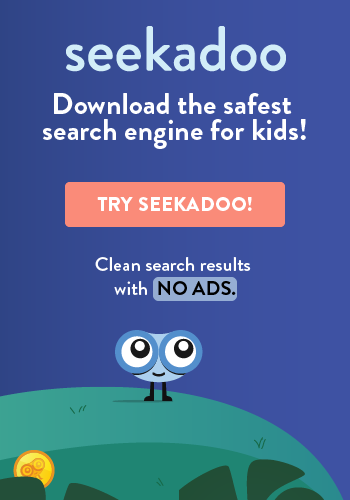
By 2019, the global ad spend on children is projected to top $4 billion. That’s a lot of money, and it can come with consequences for your children. Advertising may be everywhere, but is it really so bad for our children? The short answer is: yes.
Marketers know that, by reaching children early, they can create lifelong customers. Children are naturally open-minded and primed to form a positive opinion about things that entertain them. As they grow and become adults, this natural openness closes down. That’s what helps adults be selective and focus — and it may be why you aren’t as bothered by those pop-ups on webpages. You are able to evaluate ads, steer around them, and not be influenced.
Companies know that adults are discerning with ads, and as a result they’ve developed more immersive ad experiences. If you’ve ever logged onto Pinterest to post some ideas for your kitchen remodel only to emerge, two hours later, blurry-eyed and unsure where time has gone, you understand the immersive quality of the online advertising landscape. Perhaps, you may not have considered what data has been collected from your browsing experience or how advertisers will use it, but it’s happening.
This advertising assault has negative consequences for children, who haven’t yet formed the developmental abilities to recognize and navigate away from immersive advertisements, like those found online. Two-thirds of children aged 3 to 5 know how to play online games. Meanwhile, just 14 percent of these children can tie their shoes. While young children may be able to unlock the smartphone or turn on the computer to play games, they cannot tell ads from other fun content. If you’ve ever found a whopping credit card bill because your young child made in-game purchases, then you know the consequences that can arise.
So what is a parent to do? Age-appropriate developmental skills provide children with critical thinking, reasoning, and motor skills that set them up for success in life — and help them recognize advertisements. However, more must be done to protect vulnerable children from ads — and protect your child’s data from exposure.
Tracking and data collection features are baked into web browsers, which means the web is collecting data on your child even if you’ve educated your child around online ads. Private browsers allow your children to search the internet without transmitting data about their likes, preferences, or location.







